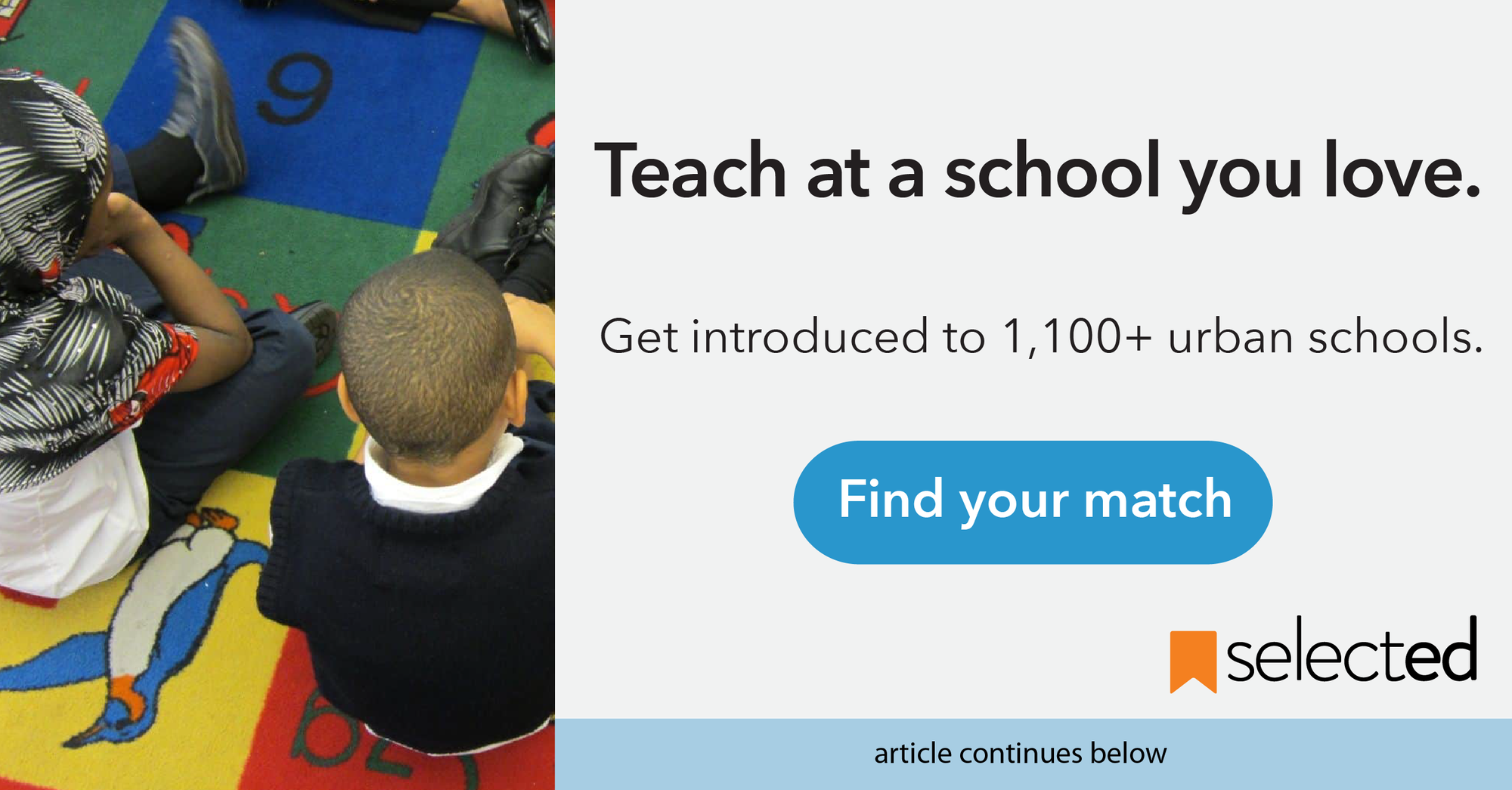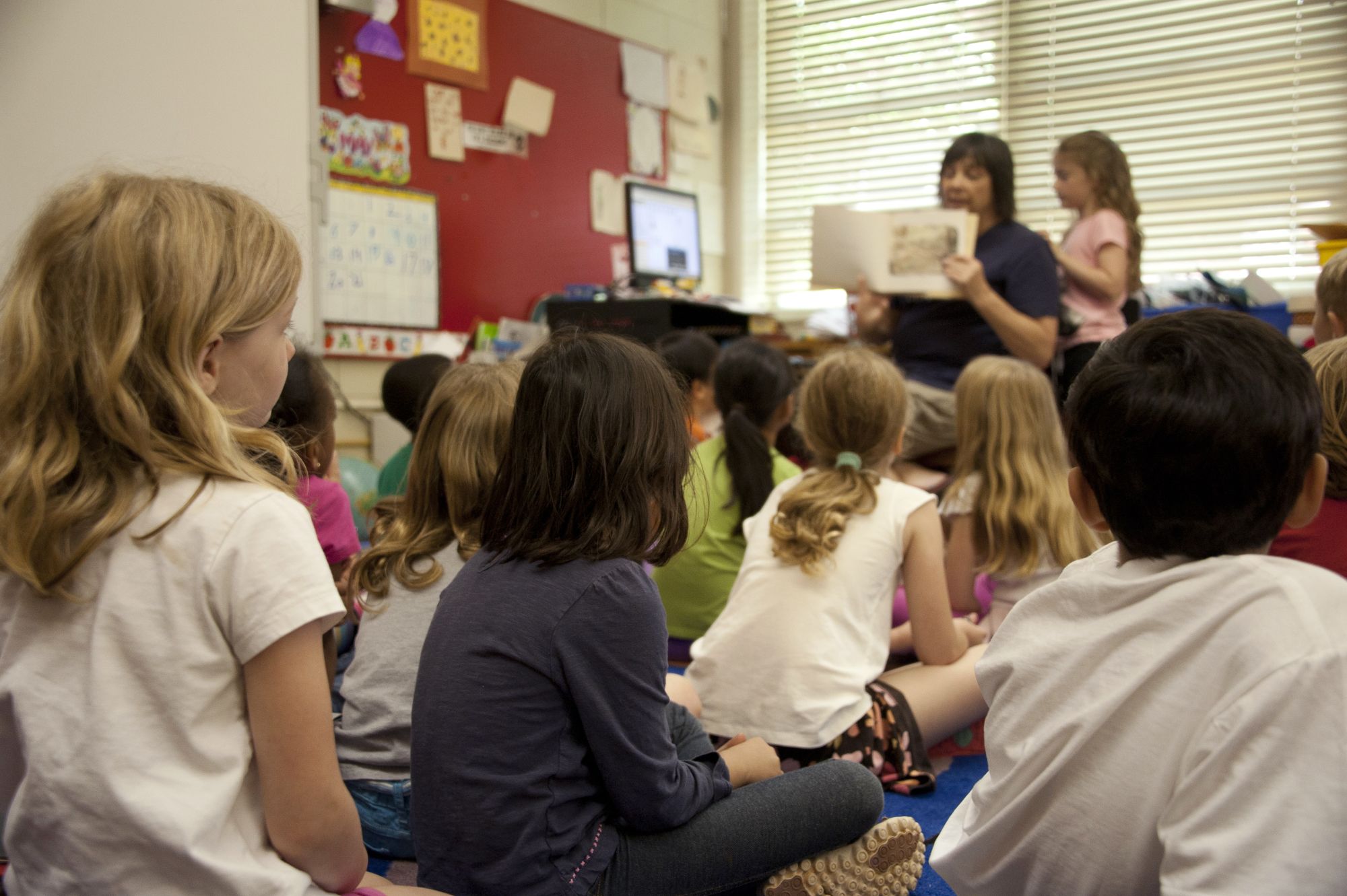End of Year Reflections: Long-Term Goal Setting for Successful Teachers
Summer is the perfect opportunity to go from being a good teacher to a great teacher. Set long-term goals, get feedback, and take action — see how.

You did it — you made it through the end of the school year, and through all of the ups and downs. Hopefully, you’re using summer as a chance to recharge; you can’t be at your best for your students if you aren’t taking care of yourself too.
What most people don’t realize, however, is that summer is the perfect time to work on your long-term goals and reflect on feedback. Being away from the classroom gives you extra energy to think about areas of improvement and how to make an effective game plan for the next year. It is the perfect opportunity to go from being a good teacher to being a great teacher.
Long-Term Goal Setting
Take this time to think about your long-term goals and where you see yourself.
Start by thinking about who you are in the classroom and at your school. What type of teacher are you? Are you inside or outside of the classroom? What grades are you teaching? Are you a coach or administrator? Think of ways you want to advance your career, how you can better contribute to your school and the direction in which you want to grow.
Next, think backwards. What are the steps you need to take to reach these goals? Is it a different certification? Is it a conversation with your boss? Is it reaching out to a mentor?
In a lot of cases, taking on more responsibilities or learning something new also requires you to be proactive. If you’re interested in incorporating more technology into your curriculum for your entire school, for example, it’s up to you to come up with resources and creative ways to do that.
If you’re interested in suggesting something, it’s best to have at least some notion of how you’ll execute it. Use the summer to think about how you’ll present these ideas to your supervisors, administrators, or mentor.
Getting Feedback and Reaching Out
Feedback is extremely helpful for hindsight and to catch any problems in and out of the classroom before they happen.
Feedback can also be both qualitative and quantitative. Both types are important to take into account when planning your next steps. Sit down with your test scores and think about what students, mentors, and supervisors have said about your work, and how you can use the feedback to improve.
Another great way to get feedback is actively reaching out to others, including:
- school admins/principals
- fellow teachers/colleagues
- students
- mentor (if you do not have a mentor, consider finding one ASAP!)
Be open to both positive and negative feedback. Positive feedback can help expose your strengths and give you direction for further growth. Seeing your strengths can also help you narrow down your long-term goals. On the other hand, constructive feedback helps you identify development areas to mitigate, particularly areas that you were unaware of. Getting different perspectives on issues you struggle with can give you different options on how to handle difficult situations you might face in the classroom.
Action Items
Here are some more steps you can take this summer to help with your long-term goals and put your feedback to use:
- Reach out to three people from the list above (mentor, school admin, fellow teacher, someone who has a job similar to what you’re interested in, etc.) to get feedback and perspective on the different issues you are facing.
- Research summer professional development workshops that help you work toward your long-term vision. This includes trainings, workshops, certification programs, etc.
- Choose one thing to improve on based on your feedback. Create a plan on how to improve — does that mean changing a unit, incorporating different classroom management systems? Think about what you need to do to act on the feedback you’ve been given.
- Schedule regular checkins with yourself. For the next school year, schedule checkins for every month, marking period, or semester to hold yourself accountable. At the checkins, reflect on your long-term goals. Are you on the right track? If not, what adjustments should you make?
- Start an Achievement Tracker. Use a notebook, spreadsheet, or journal to track your achievements! Whether they’re successful assessments from students, a lesson plan that went really well, or positive feedback, keeping a record is a great way to leverage your strengths, to pump yourself up, and to have something tangible to use and talk about when discussing your career path and mobility. It also helps if you ever need to update your resume (so you don’t have to recall everything on-the-spot).
Use these tips to think and act on your long-term goals, but most importantly — enjoy your summer!
About Selected
Selected helps teachers find jobs at schools they love. We offer a free school matching and career support platform for teachers that connects them with 1,200+ PK-12 public and independent schools in urban metro areas in the Northeast and West Coast, including New York City, NJ, CT, Philadelphia, Washington DC, Boston, and Los Angeles. Create a FREE profile and start speaking with hiring schools immediately!





